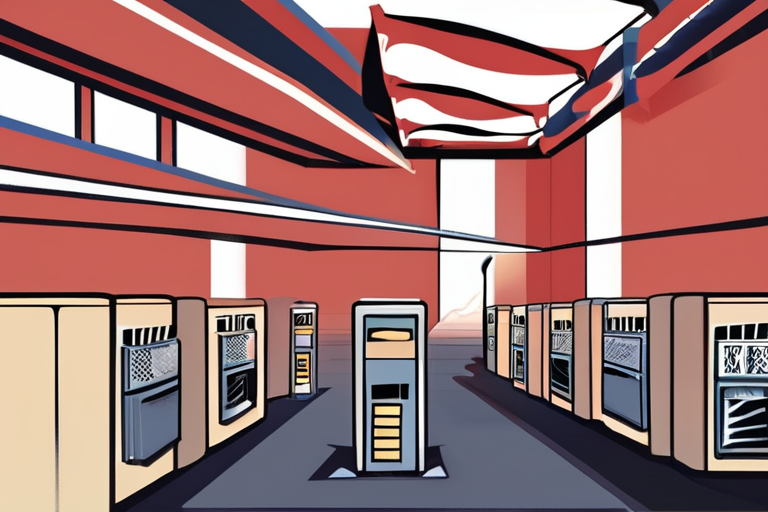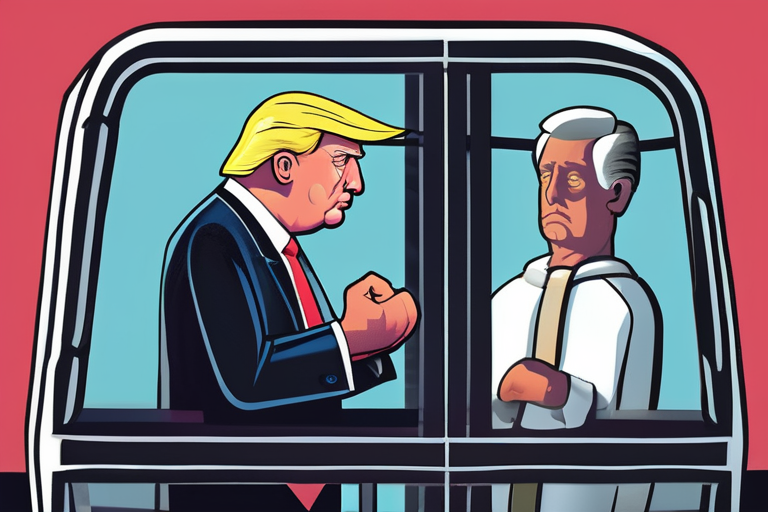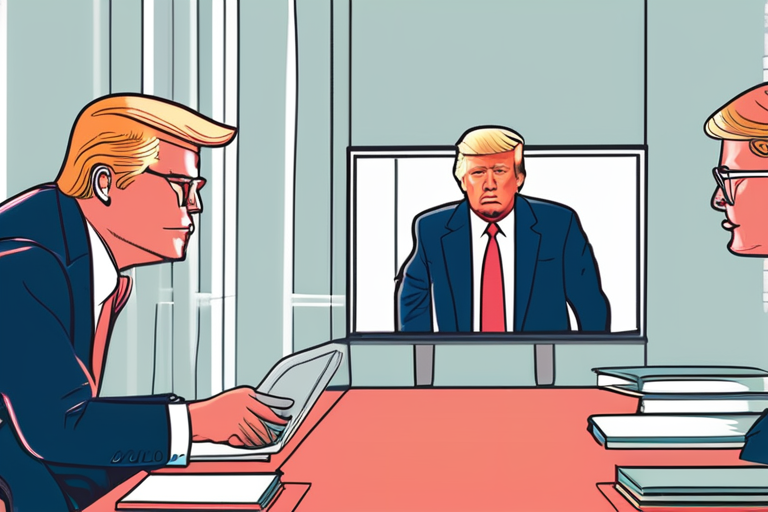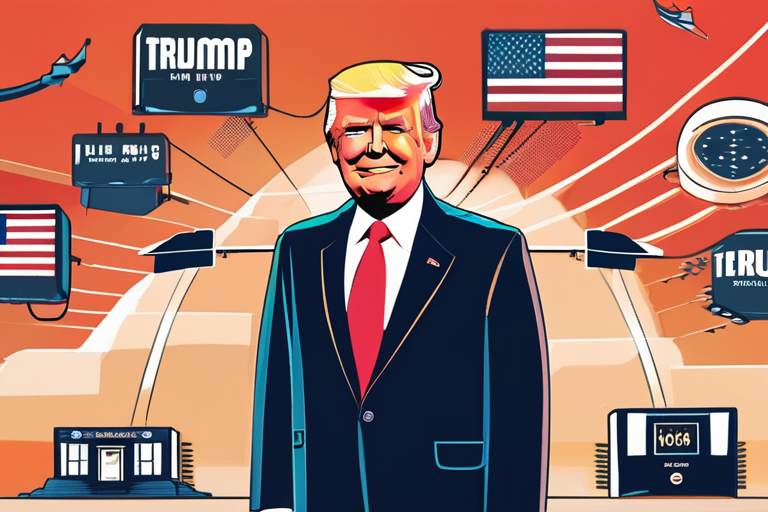Startups and the U.S. Government: A Complicated Relationship
The relationship between startups and the U.S. government has become increasingly complex in recent years, with a growing number of startups relying on government contracts and funding to drive their growth. However, this connection can be a double-edged sword, providing a much-needed boost to revenue but also posing significant risks when the government ceases to function.
According to industry insiders, the U.S. government's interest in using emerging technologies such as artificial intelligence (AI), automation, space exploration, robotics, and climate tech for defense purposes has led to an increase in startups seeking government contracts and permits. This trend was reflected in a recent episode of TechCrunch's Equity podcast, where host Kirsten Korosec discussed the implications of a prolonged U.S. government shutdown on startups.
"We've seen a significant shift in the startup landscape, with more companies relying on government funding and contracts to drive their growth," said Anthony Ha, co-host of the Equity podcast. "However, when the government shuts down, it can have a devastating impact on these companies, halting progress and stifling innovation."
The U.S. government shutdown, which began on October 1, has already had a significant impact on startups, with many companies reporting delays in receiving permits and contracts. This has put a damper on an active IPO season, with several companies forced to postpone their initial public offerings (IPOs) due to the uncertainty surrounding government funding.
The relationship between startups and the U.S. government is not new, but it has become increasingly complex in recent years. The government's interest in emerging technologies has created a new path for startups to access capital, but it also raises questions about the role of government in driving innovation.
"We're seeing a trend where the government is taking ownership stakes in tech and industrial sectors," said Max Zeff, co-host of the Equity podcast. "This raises concerns about the impact on private sector companies and the potential for government overreach."
The implications of this trend are far-reaching, with many experts warning that it could stifle innovation and limit access to capital for startups.
"The government's role in driving innovation is a delicate balance," said Dr. Maria Zuber, director of the Massachusetts Institute of Technology (MIT) Laboratory for Computational Science. "While government funding can be beneficial, it also raises concerns about the potential for government overreach and the impact on private sector companies."
As the U.S. government shutdown continues, startups are bracing themselves for the worst. With many companies relying on government contracts and permits to drive their growth, a prolonged shutdown could have devastating consequences.
"The startup ecosystem is highly dependent on government funding and contracts," said Ha. "A prolonged shutdown would be catastrophic for many companies, forcing them to lay off employees and halt progress."
As the situation unfolds, startups are urging policymakers to find a solution to the shutdown and restore stability to the economy.
"We need a stable and predictable environment for startups to thrive," said Zeff. "The government's role in driving innovation is crucial, but it must be balanced with the needs of private sector companies."
In conclusion, the relationship between startups and the U.S. government has become increasingly complex in recent years. While government funding can provide a much-needed boost to revenue, it also poses significant risks when the government ceases to function. As the shutdown continues, startups are bracing themselves for the worst, urging policymakers to find a solution to restore stability to the economy.
Background:
The U.S. government's interest in emerging technologies such as AI, automation, space exploration, robotics, and climate tech has led to an increase in startups seeking government contracts and permits. This trend was reflected in a recent episode of TechCrunch's Equity podcast, where host Kirsten Korosec discussed the implications of a prolonged U.S. government shutdown on startups.
Additional Perspectives:
Industry experts warn that the government's role in driving innovation is a delicate balance. While government funding can be beneficial, it also raises concerns about the potential for government overreach and the impact on private sector companies.
"We're seeing a trend where the government is taking ownership stakes in tech and industrial sectors," said Max Zeff, co-host of the Equity podcast. "This raises concerns about the impact on private sector companies and the potential for government overreach."
Current Status:
The U.S. government shutdown continues, with many startups bracing themselves for the worst. With many companies relying on government contracts and permits to drive their growth, a prolonged shutdown could have devastating consequences.
Next Developments:
As the situation unfolds, startups are urging policymakers to find a solution to the shutdown and restore stability to the economy. Industry experts warn that the government's role in driving innovation is a delicate balance, requiring careful consideration of the needs of private sector companies.
"We need a stable and predictable environment for startups to thrive," said Zeff. "The government's role in driving innovation is crucial, but it must be balanced with the needs of private sector companies."
*Reporting by Techcrunch.*



 Hoppi
Hoppi

 Hoppi
Hoppi

 Hoppi
Hoppi

 Hoppi
Hoppi

 Hoppi
Hoppi

 Hoppi
Hoppi












